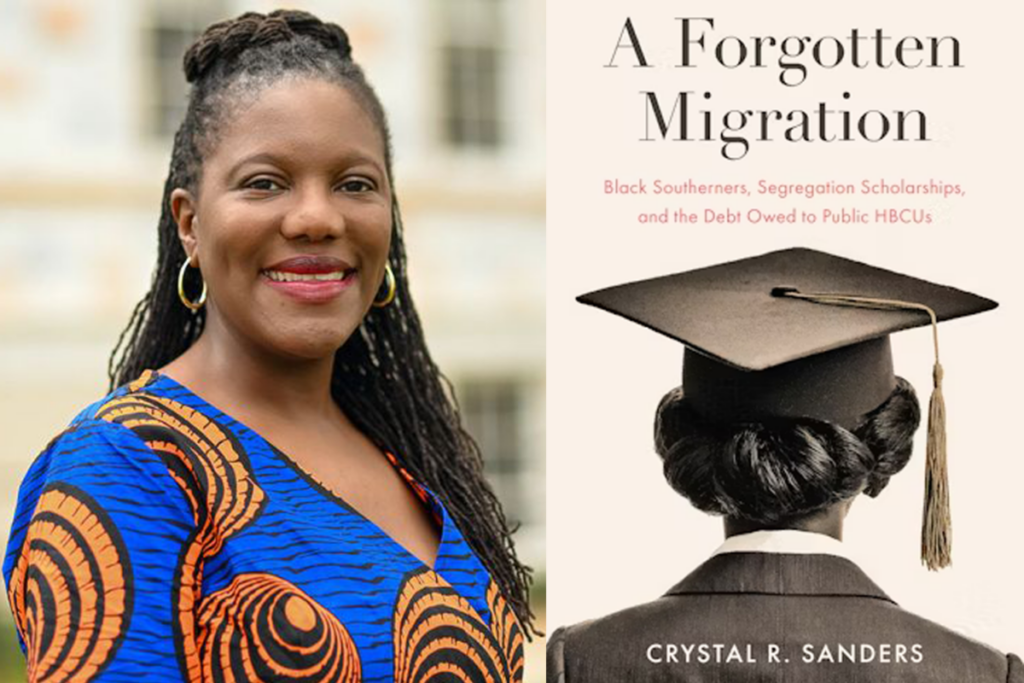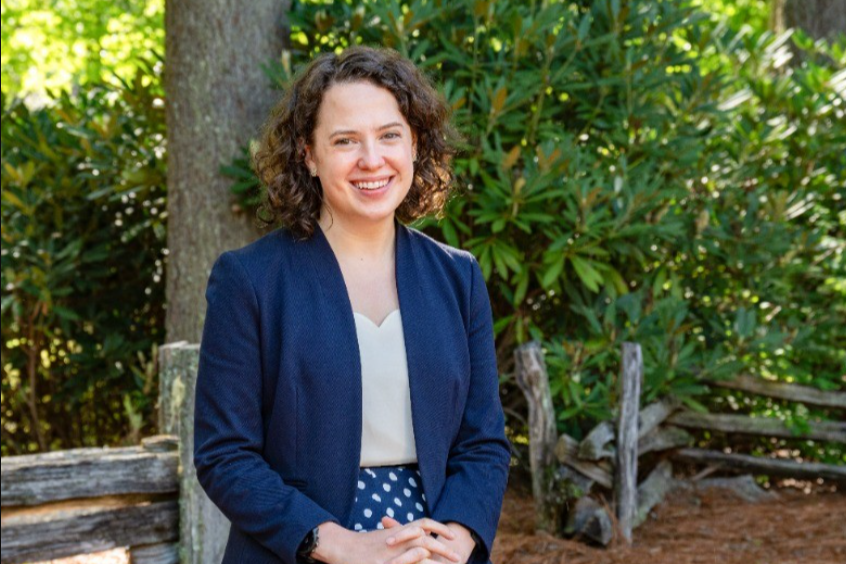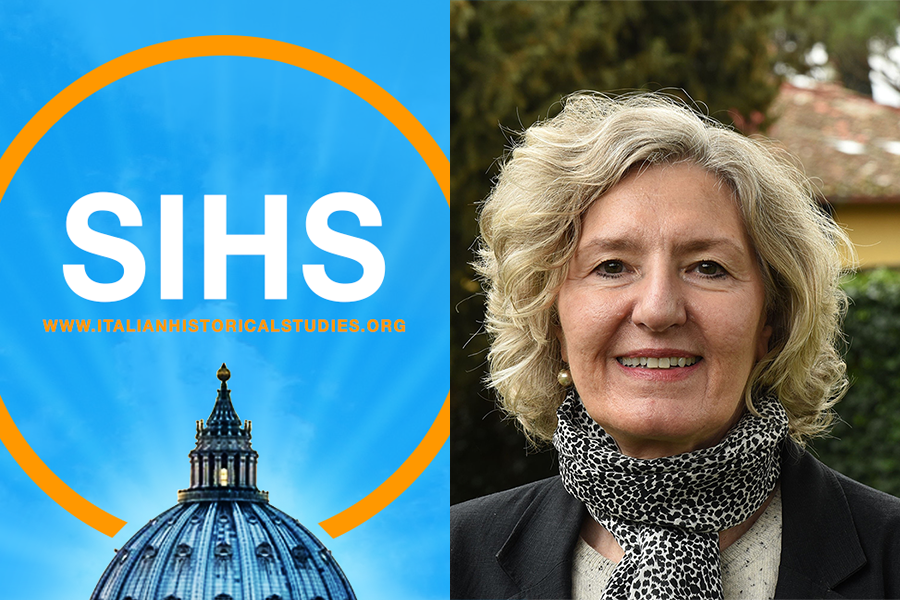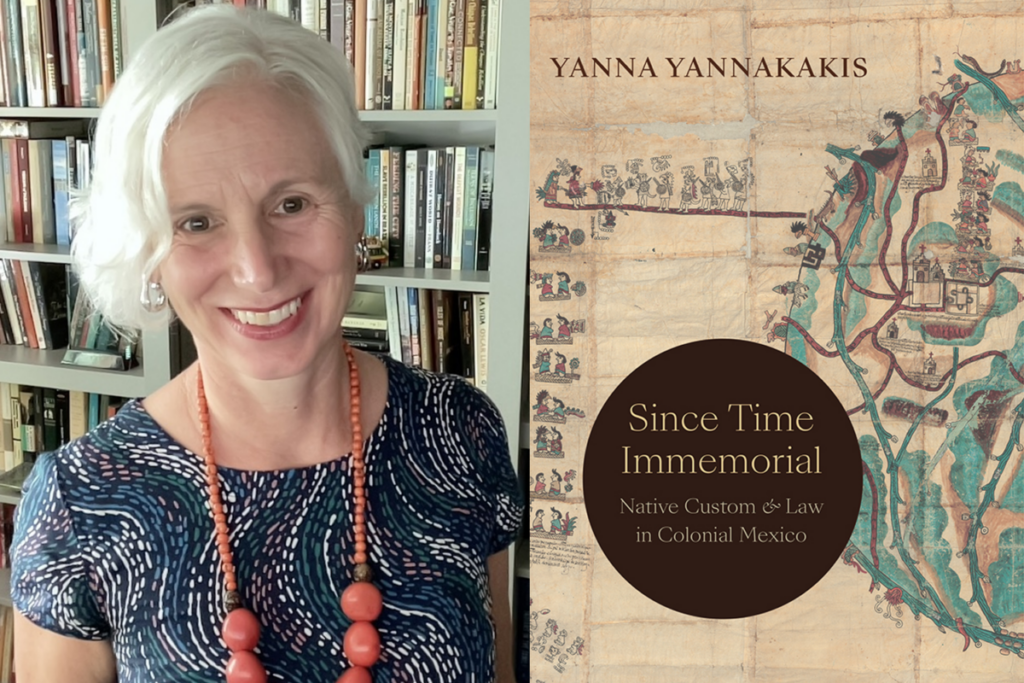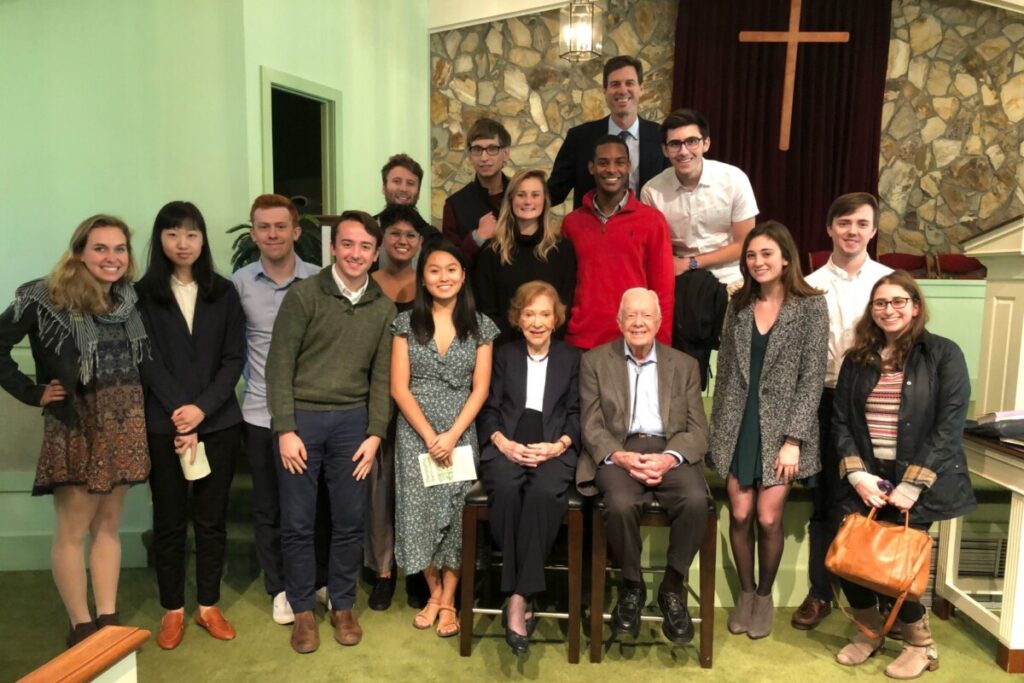
Former U.S. President Jimmy Carter died on December 29, 2024, at the age of 100. Dr. Joseph Crespino, Senior Associate Dean of Faculty and Divisional Dean of Humanities and Social Sciences and the Jimmy Carter Professor of History, has helped to shape of popular understandings of Carter’s life and legacy, including in the days since his passing. Carter nurtured a “unique collaboration” with Emory University, which included regular end-of-term visits to Crespino’s “Carter Presidency” seminar course. Crespino was named the first Jimmy Carter Professor in 2014. View a presentation Crespino recently gave about Carter’s legacy, along with a list of recent articles from, and media citations of, Crespino focused on the former president.
- Joseph Crespino, “Jimmy Carter’s Improbable Road to the Presidency,” The Nation, December 29, 2024.
- Joseph Crespino, “At 100, former President Jimmy Carter’s legacy reevaluated,” Voice of America, September 23, 2024.
- Emily Cochrane, “Jimmy Carter’s Heart Was in Plains. But His Launchpad Was in Atlanta,” The New York Times, January 5, 2025.
- Stanley Dunlap and Ross Williams, “Carter ushered in new era of race relations after Georgia’s long racially segregated history,” Georgia Recorder, January 10, 2025.
- Maham Javaid, “He lost the White House in a landslide. Now Jimmy Carter is celebrated,” The Washington Post, February 19, 2023.
- Tresia Bowles, “Jimmy Carter passes away: Former president remembered as a peacemaker, visionary leader,” 11 Alive, December 29, 2024.
